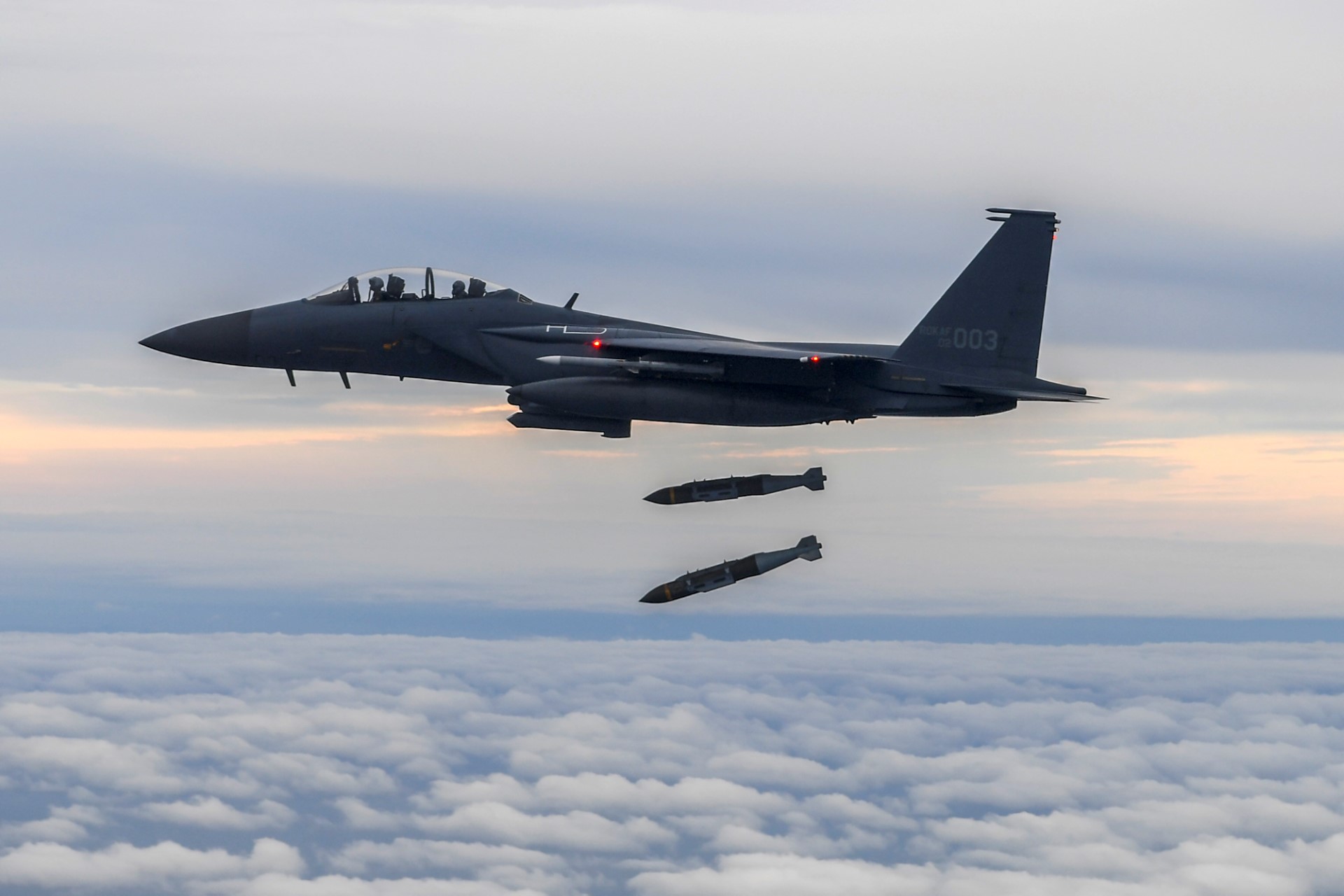
403
Sorry!!
Error! We're sorry, but the page you were
looking for doesn't exist.
Israel conducts airstrikes on Lebanese capital
(MENAFN) In a significant escalation of regional conflict, Israel has conducted an airstrike on a building in Beirut, Lebanon, targeting what it claims was a Hezbollah commander. The attack has heightened fears of a broader regional conflict.
The strike occurred on Tuesday evening in the Haret Hreik neighborhood of Beirut, although Israeli sources have identified the location as Dahieh. It remains unclear whether the attack was carried out by aircraft or drones. Lebanese media reported that the explosion resulted in at least two deaths and injured 20 others, including children, according to RT Arabic.
The Israel Defense Forces (IDF) confirmed the attack, stating that it was aimed at a Hezbollah commander linked to a recent assault on a village in the Golan Heights. This attack, which occurred on Saturday, resulted in the deaths of twelve people, primarily children, when a rocket hit a football pitch in the Druze village of Majdal Shams. The IDF holds Hezbollah responsible for the attack, although the militant group has denied involvement and has warned of retaliation against any Israeli strikes.
Israeli Defense Minister Yoav Gallant has characterized Hezbollah’s action as crossing a "red line," a sentiment echoed by Foreign Minister Israel Katz. The IDF identified the target of the Beirut strike as Fuad Shukr, also known as Hajj Mohsin. Shukr is described as a senior advisor to Hezbollah leader Hassan Nasrallah, and is alleged to be involved in the group's precision missile project. He is also wanted by the United States for his role in the 1983 bombing of the Marine barracks in Beirut.
This latest escalation follows months of intermittent rocket and drone exchanges between Israel and Hezbollah, leading to the evacuation of nearly 200,000 residents from both sides of the border. The growing hostilities and the recent bombing underscore the increasing volatility in the region and raise concerns about further violence and instability.
The situation remains tense, with both sides bracing for potential further escalations. The international community continues to watch closely as the conflict develops, with many fearing that the cycle of retaliation could spiral into a larger, more destructive confrontation.
The strike occurred on Tuesday evening in the Haret Hreik neighborhood of Beirut, although Israeli sources have identified the location as Dahieh. It remains unclear whether the attack was carried out by aircraft or drones. Lebanese media reported that the explosion resulted in at least two deaths and injured 20 others, including children, according to RT Arabic.
The Israel Defense Forces (IDF) confirmed the attack, stating that it was aimed at a Hezbollah commander linked to a recent assault on a village in the Golan Heights. This attack, which occurred on Saturday, resulted in the deaths of twelve people, primarily children, when a rocket hit a football pitch in the Druze village of Majdal Shams. The IDF holds Hezbollah responsible for the attack, although the militant group has denied involvement and has warned of retaliation against any Israeli strikes.
Israeli Defense Minister Yoav Gallant has characterized Hezbollah’s action as crossing a "red line," a sentiment echoed by Foreign Minister Israel Katz. The IDF identified the target of the Beirut strike as Fuad Shukr, also known as Hajj Mohsin. Shukr is described as a senior advisor to Hezbollah leader Hassan Nasrallah, and is alleged to be involved in the group's precision missile project. He is also wanted by the United States for his role in the 1983 bombing of the Marine barracks in Beirut.
This latest escalation follows months of intermittent rocket and drone exchanges between Israel and Hezbollah, leading to the evacuation of nearly 200,000 residents from both sides of the border. The growing hostilities and the recent bombing underscore the increasing volatility in the region and raise concerns about further violence and instability.
The situation remains tense, with both sides bracing for potential further escalations. The international community continues to watch closely as the conflict develops, with many fearing that the cycle of retaliation could spiral into a larger, more destructive confrontation.

Legal Disclaimer:
MENAFN provides the information “as is” without warranty of any kind. We do not accept any responsibility or liability for the accuracy, content, images, videos, licenses, completeness, legality, or reliability of the information contained in this article. If you have any complaints or copyright issues related to this article, kindly contact the provider above.






















Comments
No comment